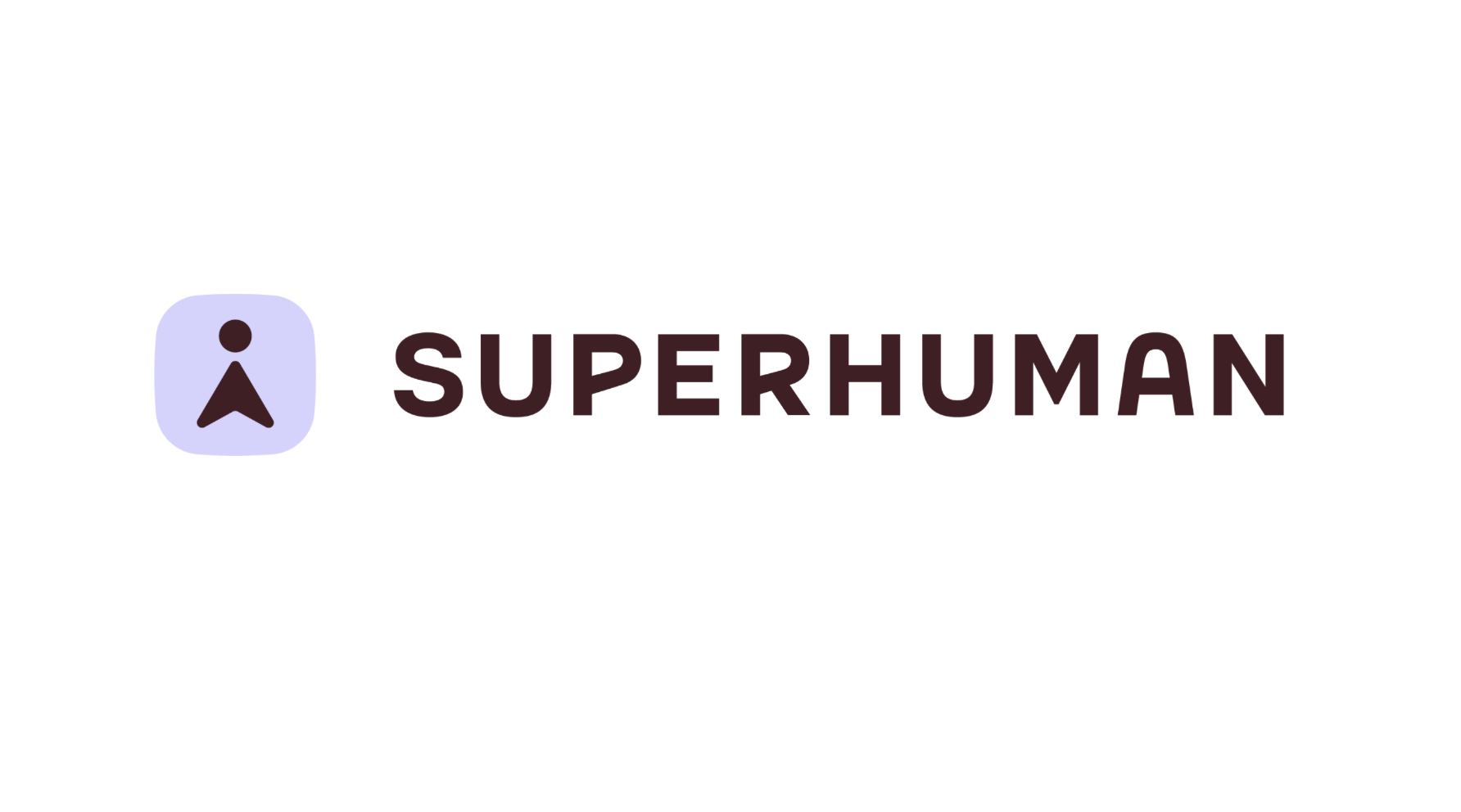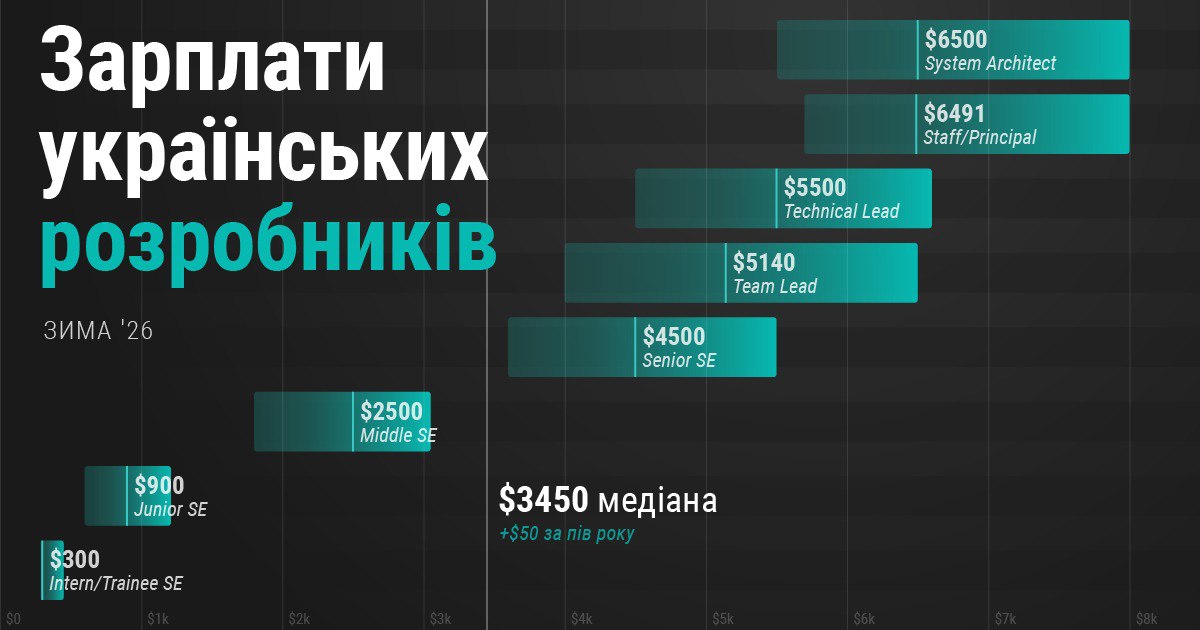Grammarly Becomes a Multi-Product Company, Prepares New Brand Identity
Grammarly’s new CEO, Shishir Mehrotra, founder of Coda, is leading a bold transformation — turning the company from a single-product success story into a multi-product AI powerhouse. In an interview with Forbes, he outlined how the company plans to reposition itself and even adopt a new name.
«We believe that in the future there will be several key players in the AI sphere. We want Grammarly to be one of those major companies that bring AI directly to users,» Mehrotra said.
From Grammar Checker to AI Ecosystem
- Best known as the go-to grammar checker for millions, Grammarly is now reimagining itself as a platform for multiple AI agents. The move follows its acquisition of Coda in January 2025.
- Today, 40 million people use Grammarly daily, including over 50,000 organizations and 3,000 universities. The company generates $700 million in annual revenue and, in 2021, became the most valuable startup with Ukrainian roots after hitting a $13 billion valuation.
- But Mehrotra’s vision goes beyond grammar. He sees Grammarly scaling to the level of global tech giants by building an ecosystem of AI tools designed to reshape productivity and communication.
«The Grammarly product can be considered our original AI agent. In the future, we will add even more agents to our platform. The main idea is to transform Grammarly from a single product into a platform for many AI agents,» he explained.
Direct AI, Everywhere You Work
- According to Mehrotra, Grammarly wants to embed AI where people already work, whether in Google Docs, Gmail, Slack, or mobile apps.
- To reflect this evolution, the company will change both its positioning and its name. While the new brand identity has been chosen, it remains under wraps for now.
«We are currently working on a new name for the company. We have already decided on an option, but are not ready to announce it. These changes will happen by the end of the year,» Mehrotra said.
- Grammarly has already made two high-profile acquisitions this year: Coda, the collaborative document platform, and Superhuman, the premium email app. In May, the company raised $1 billion, a record fundraising for Ukrainian tech, partly to fuel these deals.
- At the same time, much of Grammarly’s innovation is happening in-house. And significantly, most of this work is being done in Ukraine, where the company has based its team of AI engineers and researchers.
- Grammarly’s founders continue to play pivotal roles in shaping the company’s future. Max Lytvyn oversees growth, including user acquisition and marketing, while Oleksii (Alex) Shevchenko plays a central role in product development, working closely with Chief Product Officer Noam Lovinsky on new AI-driven tools. Both remain part of the management team.
Recently, Grammarly announced the launch of eight specialized AI agents designed to assist with tasks ranging from sourcing and originality checks to predicting reader reactions and evaluating text against set criteria. The upcoming rebrand — coupled with a shift from a single-product identity to a multi-agent AI platform — marks one of the company’s most significant transformations since its founding.
Grammarly Becomes a Multi-Product Company, Prepares New Brand Identity
Grammarly’s new CEO, Shishir Mehrotra, founder of Coda, is leading a bold transformation — turning the company from a single-product success story into a multi-product AI powerhouse. In an interview with Forbes, he outlined how the company plans to reposition itself and even adopt a new name.
«We believe that in the future there will be several key players in the AI sphere. We want Grammarly to be one of those major companies that bring AI directly to users,» Mehrotra said.
From Grammar Checker to AI Ecosystem
- Best known as the go-to grammar checker for millions, Grammarly is now reimagining itself as a platform for multiple AI agents. The move follows its acquisition of Coda in January 2025.
- Today, 40 million people use Grammarly daily, including over 50,000 organizations and 3,000 universities. The company generates $700 million in annual revenue and, in 2021, became the most valuable startup with Ukrainian roots after hitting a $13 billion valuation.
- But Mehrotra’s vision goes beyond grammar. He sees Grammarly scaling to the level of global tech giants by building an ecosystem of AI tools designed to reshape productivity and communication.
«The Grammarly product can be considered our original AI agent. In the future, we will add even more agents to our platform. The main idea is to transform Grammarly from a single product into a platform for many AI agents,» he explained.
Direct AI, Everywhere You Work
- According to Mehrotra, Grammarly wants to embed AI where people already work, whether in Google Docs, Gmail, Slack, or mobile apps.
- To reflect this evolution, the company will change both its positioning and its name. While the new brand identity has been chosen, it remains under wraps for now.
«We are currently working on a new name for the company. We have already decided on an option, but are not ready to announce it. These changes will happen by the end of the year,» Mehrotra said.
- Grammarly has already made two high-profile acquisitions this year: Coda, the collaborative document platform, and Superhuman, the premium email app. In May, the company raised $1 billion, a record fundraising for Ukrainian tech, partly to fuel these deals.
- At the same time, much of Grammarly’s innovation is happening in-house. And significantly, most of this work is being done in Ukraine, where the company has based its team of AI engineers and researchers.
- Grammarly’s founders continue to play pivotal roles in shaping the company’s future. Max Lytvyn oversees growth, including user acquisition and marketing, while Oleksii (Alex) Shevchenko plays a central role in product development, working closely with Chief Product Officer Noam Lovinsky on new AI-driven tools. Both remain part of the management team.
Recently, Grammarly announced the launch of eight specialized AI agents designed to assist with tasks ranging from sourcing and originality checks to predicting reader reactions and evaluating text against set criteria. The upcoming rebrand — coupled with a shift from a single-product identity to a multi-agent AI platform — marks one of the company’s most significant transformations since its founding.









